Home>Articles>How Much Does It Cost To Seal Granite Countertops
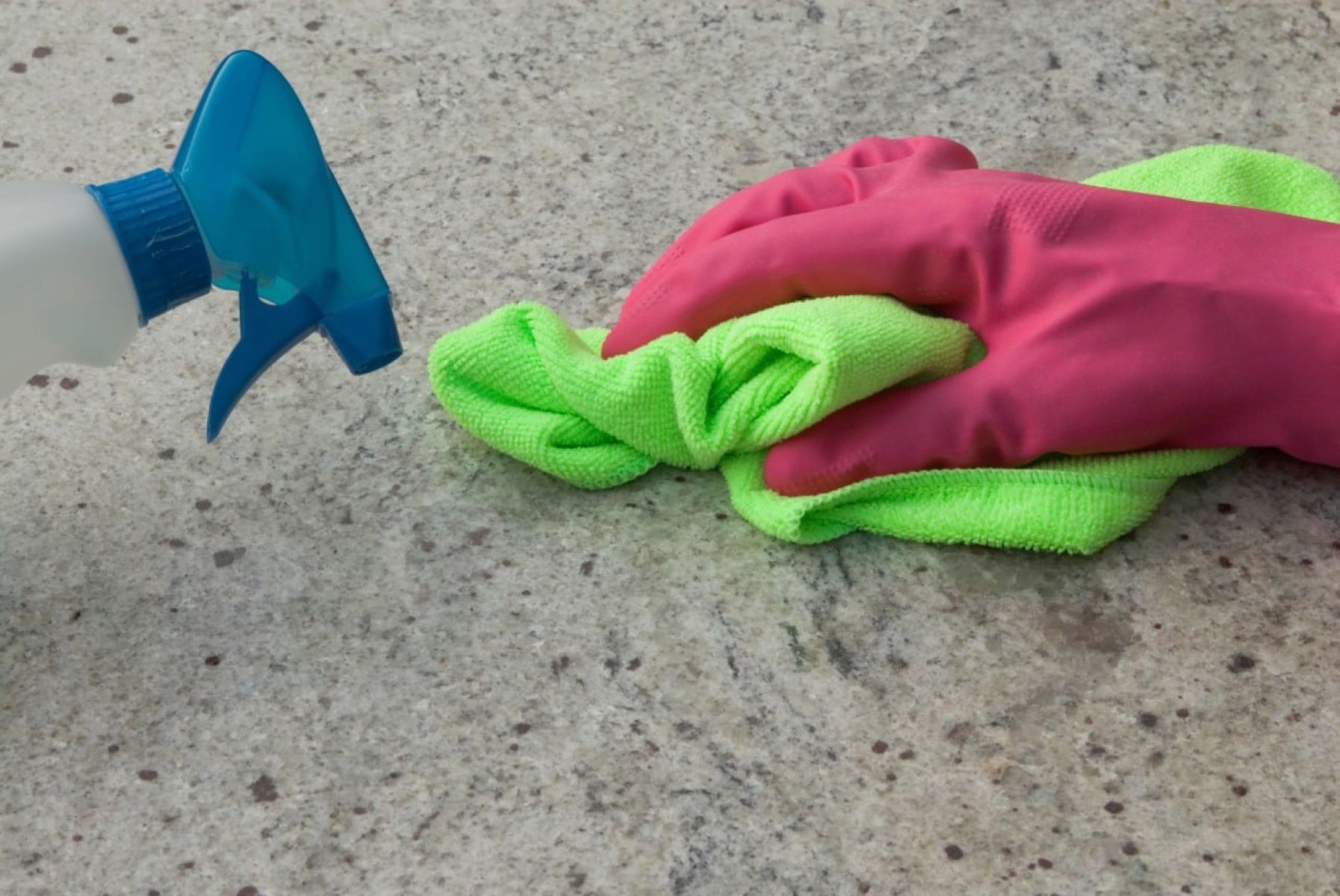

Articles
How Much Does It Cost To Seal Granite Countertops
Modified: December 13, 2023
Discover everything you need to know about the cost of sealing your granite countertops in this comprehensive article. Save time and money with our expert tips and advice.
(Many of the links in this article redirect to a specific reviewed product. Your purchase of these products through affiliate links helps to generate commission for Storables.com, at no extra cost. Learn more)
Introduction
Granite countertops are a popular choice for homeowners due to their durability, elegance, and timeless beauty. However, to ensure their longevity and maintain their pristine appearance, it is essential to seal them regularly. Sealing granite countertops forms a protective barrier that helps prevent stains, scratches, and water damage.
While granite is a naturally dense and resistant material, it is porous in nature. This means that without a sealant, liquids and oils can easily penetrate the surface, leading to discoloration and potential damage. By sealing your granite countertops, you can enhance their lifespan and keep them looking as good as new.
But how much does it cost to seal granite countertops? The cost can vary depending on several factors. In this article, we will explore the factors that affect the cost of sealing granite countertops and provide an average cost range to help you budget accordingly.
Key Takeaways:
- Sealing granite countertops is a crucial investment in preserving their beauty and durability, with costs ranging from $200 to $500. Professional sealing offers expertise and convenience, while DIY sealing provides cost savings and flexibility.
- The benefits of sealing granite countertops, including stain resistance and enhanced durability, outweigh the costs involved. Whether hiring a professional or taking on the task as a DIY project, proper sealing ensures the longevity and pristine appearance of your countertops.
Factors Affecting the Cost of Sealing Granite Countertops
When determining the cost of sealing granite countertops, there are several factors that come into play. These factors can influence the overall cost and help you make an informed decision. Let’s take a closer look at the key factors affecting the cost of sealing granite countertops:
- Size of the Countertop: The size of your countertop is one of the primary factors influencing the cost. Naturally, larger countertops will require more sealant, resulting in higher costs. It’s essential to measure the square footage of your countertop accurately to estimate the amount of sealant needed.
- Type of Sealant: There are various types of sealants available in the market, ranging from basic sealers to advanced penetrating sealers. The type of sealant you choose will impact the cost. Basic sealers are generally more affordable, while penetrating sealers tend to be more expensive but offer superior protection and longevity.
- Condition of the Countertop: If your granite countertops are brand new and have never been sealed before, the sealing process may be relatively straightforward. However, if your countertops have been previously sealed or are in poor condition, additional preparation work may be required, leading to higher costs.
- Professional Expertise: Hiring a professional to seal your granite countertops can ensure optimal results. However, professional expertise comes at a cost. The skill and experience of the professional can influence the overall price, so it’s important to consider this factor when budgeting for the sealing process.
- Geographical Location: The cost of sealing granite countertops can also vary based on your geographical location. Factors such as labor costs, market demand, and the availability of professional sealers in your area can affect pricing. It’s advisable to research local providers and compare prices to get an accurate estimate.
By considering these factors, you can have a better understanding of what to expect in terms of cost when it comes to sealing your granite countertops. It’s important to remember that investing in professional sealing services and high-quality sealants can be a cost-effective choice in the long run, as it helps preserve the beauty and lifespan of your countertops.
Average Cost Range for Sealing Granite Countertops
The cost of sealing granite countertops can vary depending on the factors mentioned earlier. On average, homeowners can expect to spend between $200 and $500 for sealing their granite countertops. However, it’s important to remember that this is just an estimate, and the actual cost may be higher or lower depending on specific circumstances.
Basic sealers, which are often the more affordable option, typically range from $10 to $20 per square foot. These sealers provide a basic level of protection and may require more frequent reapplication. On the other hand, advanced penetrating sealers, which offer enhanced durability and longevity, can range from $20 to $50 per square foot. These sealers are generally more expensive but provide superior protection against stains and damage.
If you choose to hire a professional to seal your granite countertops, you can expect to pay an additional fee for their services. The cost of professional sealing services can range from $300 to $800, depending on factors such as the size of the countertop, the complexity of the job, and the expertise of the professional.
It’s worth noting that some professionals may charge an hourly rate for their services, typically ranging from $50 to $100 per hour. This rate may vary based on the geographical location and the experience of the professional. Be sure to inquire about the specific pricing details when hiring a professional to seal your granite countertops.
DIY sealing is also an option and can help save on labor costs. DIY sealers are available in home improvement stores and typically cost between $15 and $30 per container. However, it’s important to follow the manufacturer’s instructions carefully to ensure proper application and effectiveness.
Ultimately, the cost of sealing granite countertops will depend on factors such as the size of the countertop, the type of sealant chosen, the condition of the countertop, and whether professional services are required. It’s essential to consider your budget and weigh the benefits of professional sealing versus DIY sealing to make an informed decision.
Professional Sealing vs. DIY Sealing
When it comes to sealing granite countertops, homeowners have the option to either hire a professional or take on the task as a DIY project. Both options have their advantages and disadvantages, and it’s important to consider them before deciding which route to take.
Professional Sealing
Hiring a professional to seal your granite countertops offers several benefits. Here are some reasons why you might choose professional sealing:
- Expertise: Professionals have the knowledge and experience to understand the unique needs of your granite countertops. They know how to properly prepare the surface, apply the sealant evenly, and ensure a thorough sealing process.
- Time and Convenience: Sealing granite countertops can be a time-consuming task, especially if you have a large countertop or are unfamiliar with the process. Hiring a professional allows you to save time and effort by letting them handle the job efficiently.
- Quality Results: Professionals use high-quality sealants and have access to professional-grade tools and equipment. This typically results in a more effective and long-lasting seal, providing optimal protection for your granite countertops.
- Guarantee: Many professionals offer a warranty or guarantee on their sealing services. This provides peace of mind, knowing that if any issues arise with the sealant, they will rectify the problem at no additional cost.
However, it’s important to note that professional sealing comes with a higher cost compared to DIY sealing. The price will depend on factors such as the size of the countertop, the complexity of the job, and the experience of the professional.
DIY Sealing
Sealing granite countertops as a DIY project can be a cost-effective option, particularly if you have a smaller countertop or enjoy tackling home improvement tasks. Here are some considerations for DIY sealing:
- Cost Savings: DIY sealing eliminates the need to hire a professional, saving you money on labor costs. Sealant products designed for DIY use are generally more affordable compared to professional-grade sealants.
- Flexibility: DIY sealing allows you to work at your own pace and schedule. You have control over the entire process and can ensure that the countertops are sealed to your satisfaction.
- Learning Experience: Taking on the task of sealing your granite countertops can be a great opportunity to learn more about the maintenance and care of this beautiful material. It allows you to have a hands-on experience and gain knowledge that can be beneficial in the long run.
However, DIY sealing requires careful preparation and execution to achieve effective results. It’s important to follow the manufacturer’s instructions, apply the sealant evenly, and ensure thorough coverage. Improper DIY sealing can lead to inconsistent protection and may require more frequent reapplication.
Ultimately, the decision between professional sealing and DIY sealing depends on your budget, time constraints, and comfort level with taking on the task. If you value expertise, convenience, and high-quality results, hiring a professional may be the best choice. If you enjoy DIY projects and want to save on costs, DIY sealing can be a viable option as long as you are prepared to invest the time and effort required.
When sealing granite countertops, the cost can vary depending on the size of the countertop and the type of sealer used. On average, expect to pay between $100 to $250 for professional sealing. It’s important to choose a high-quality sealer and follow the manufacturer’s instructions for best results.
Additional Costs to Consider
When it comes to sealing granite countertops, there are a few additional costs that homeowners should consider. These costs can vary depending on individual circumstances and specific needs. Here are some additional costs to keep in mind:
Cleaning Supplies: Before applying the sealant, it’s essential to thoroughly clean the granite countertops to remove any dirt, grime, or residues. This may require investing in specific cleaning supplies specifically formulated for use on granite surfaces. While this cost may be relatively minor, it is necessary for proper preparation before sealing.
Preparation Materials: In some cases, additional preparation materials may be required before the sealing process can take place. This can include items such as sandpaper, epoxy fillers, or cleaners for more stubborn stains or imperfections on the surface of the countertop. These materials may incur additional costs but are crucial to ensuring a smooth and even application of the sealant.
Tools and Equipment: Depending on the chosen method of sealing, you may require certain tools or equipment. For example, if you decide to DIY seal your granite countertops, you may need a paintbrush or roller to apply the sealant evenly. These tools are generally affordable and can be purchased at a local hardware store.
Reapplication: While properly sealed granite countertops can offer long-lasting protection, the sealant may need to be reapplied periodically. This can be influenced by factors such as the quality of the sealant, the amount of use the countertop receives, and the regularity of cleaning and maintenance. It’s important to factor in the potential cost of reapplication over time when budgeting for granite countertop sealing.
Repairs and Restoration: In some cases, prior to sealing, granite countertops may require repairs or restoration work. This could include fixing chips, cracks, or scratches on the surface. These repairs may incur additional costs and should be addressed before applying the sealant to ensure optimal results and a consistent appearance.
It’s crucial to assess your specific needs and budget accordingly when considering the additional costs associated with sealing granite countertops. While these costs may vary, they are important investments to ensure the longevity, beauty, and protection of your granite countertops.
Benefits of Sealing Granite Countertops
Sealing granite countertops is an essential step in their care and maintenance, offering a range of benefits for homeowners. By understanding the advantages of sealing, you can make an informed decision about this important protective measure. Here are some key benefits of sealing granite countertops:
- Stain Resistance: Sealing creates a protective barrier on the surface of the granite, making it more resistant to stains. The sealant prevents liquids, oils, and other substances from penetrating the porous nature of the granite, making it easier to clean up spills and preventing permanent staining. This is particularly important in kitchen and bathroom settings where spills and splashes are common.
- Enhanced Durability: Sealing helps to reinforce the natural strength and durability of granite countertops. By filling in the microscopic pores and fissures, the sealant prevents moisture penetration, which can cause the granite to weaken and crack over time. This ensures that your countertops can withstand the rigors of daily use and maintain their structural integrity for years to come.
- Protection Against Etching: Granite is susceptible to etching, which is caused by the acidic substances found in many everyday household products such as citrus fruits, vinegar, and certain cleaning agents. Sealing creates a protective layer between the granite and these acidic elements, reducing the risk of etching and maintaining the smooth and polished appearance of the countertops.
- Easier Cleaning and Maintenance: Sealed granite countertops are much easier to clean and maintain. The sealant prevents dirt, debris, and bacteria from seeping into the pores of the granite, making it easier to wipe away spills and maintain a hygienic surface. Regular cleaning with mild soap and water is usually sufficient to keep sealed granite countertops looking their best.
- Preservation of Appearance: Sealing helps to maintain the natural beauty and luster of granite countertops. The sealant creates a protective barrier that prevents fading, discoloration, and dulling of the stone due to exposure to sunlight, heat, or harsh cleaning chemicals. This means that your countertops will continue to showcase their elegant and timeless look for years to come.
- Longevity: By protecting against stains, etching, and water damage, sealing granite countertops can significantly increase their lifespan. The sealant acts as a shield, helping to preserve the quality and integrity of the stone. This can be particularly beneficial for those who have invested in high-quality granite countertops and want them to last for many years without significant wear or damage.
Overall, sealing granite countertops is a wise investment that provides numerous benefits. From stain resistance and enhanced durability to easier maintenance and preservation of appearance, sealing ensures that your granite countertops remain a beautiful and functional addition to your home for years to come.
Conclusion
Sealing granite countertops is an important step in their care and maintenance, providing a range of benefits and ensuring their longevity and beauty. While the cost of sealing may vary depending on factors such as the size of the countertop, the chosen sealant, and whether professional services are required, it is a worthy investment to protect your granite countertops.
By understanding the factors that affect the cost of sealing, homeowners can make informed decisions when it comes to budgeting for the process. Whether you choose to hire a professional or tackle the task yourself as a DIY project, proper sealing helps prevent stains, damage, and extends the lifespan of your granite countertops.
The average cost range for sealing granite countertops falls between $200 and $500, taking into account the sealant type, countertop size, and professional expertise. It’s important to also consider additional costs such as cleaning supplies, preparation materials, tools, reapplication, and any necessary repairs or restoration work.
Professional sealing offers the benefits of expertise, convenience, and quality results, ensuring optimal protection for your granite countertops. DIY sealing, on the other hand, can be a cost-effective option with flexibility and a learning experience for homeowners who enjoy taking on home improvement tasks.
Sealing granite countertops provides advantages such as stain resistance, enhanced durability, protection against etching, easier cleaning and maintenance, and the preservation of their natural beauty. With proper sealing, your granite countertops can withstand the demands of daily use, maintain their appearance, and last for years to come.
In conclusion, sealing granite countertops is a crucial step in their care and maintenance routine. Whether you choose to hire a professional or take on the task yourself, the benefits of sealing far outweigh the costs involved. By investing in sealing, you ensure the long-term beauty and durability of your granite countertops, creating a stunning focal point in your home and adding value to your property.
Frequently Asked Questions about How Much Does It Cost To Seal Granite Countertops
Was this page helpful?
At Storables.com, we guarantee accurate and reliable information. Our content, validated by Expert Board Contributors, is crafted following stringent Editorial Policies. We're committed to providing you with well-researched, expert-backed insights for all your informational needs.
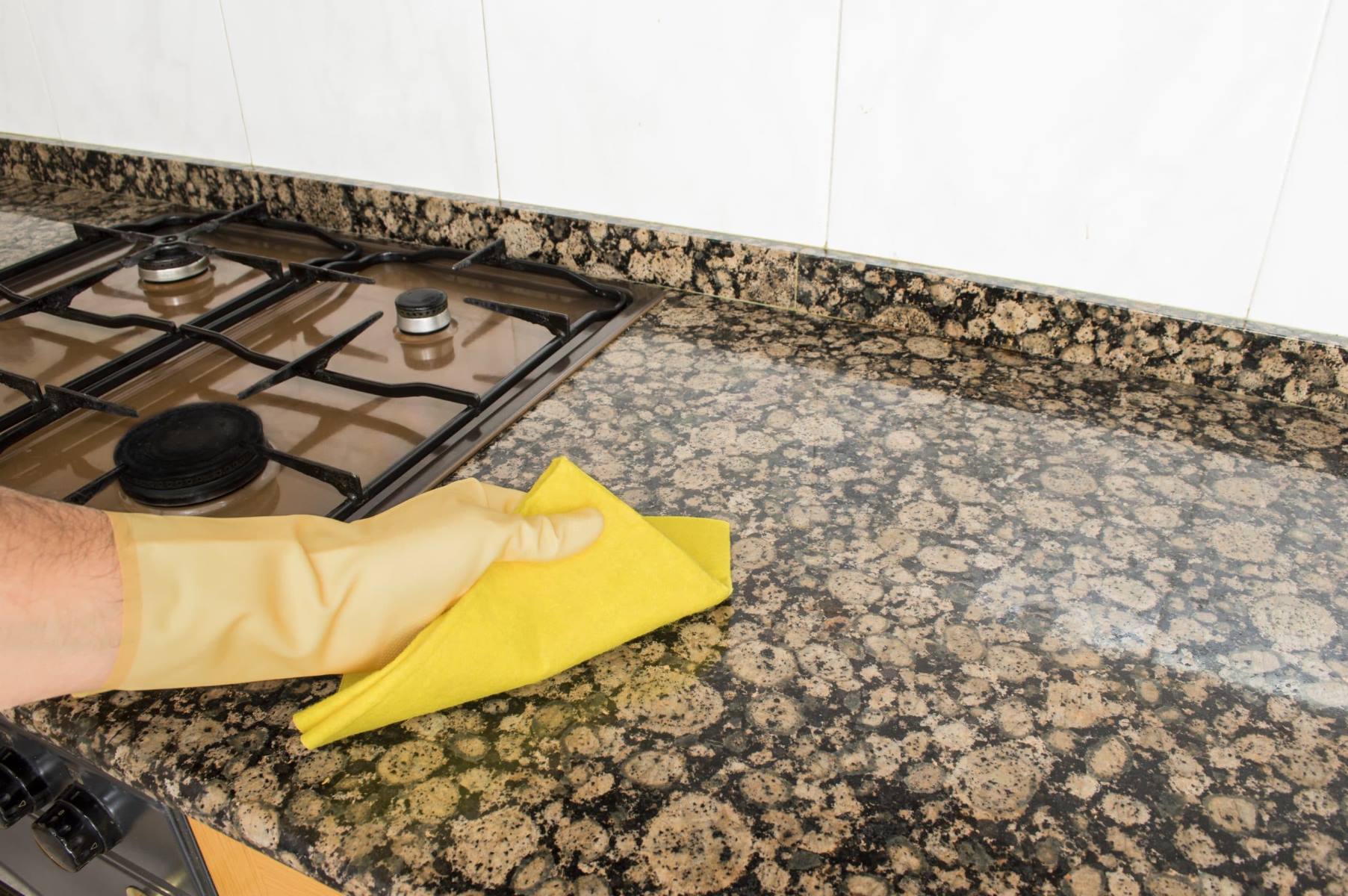
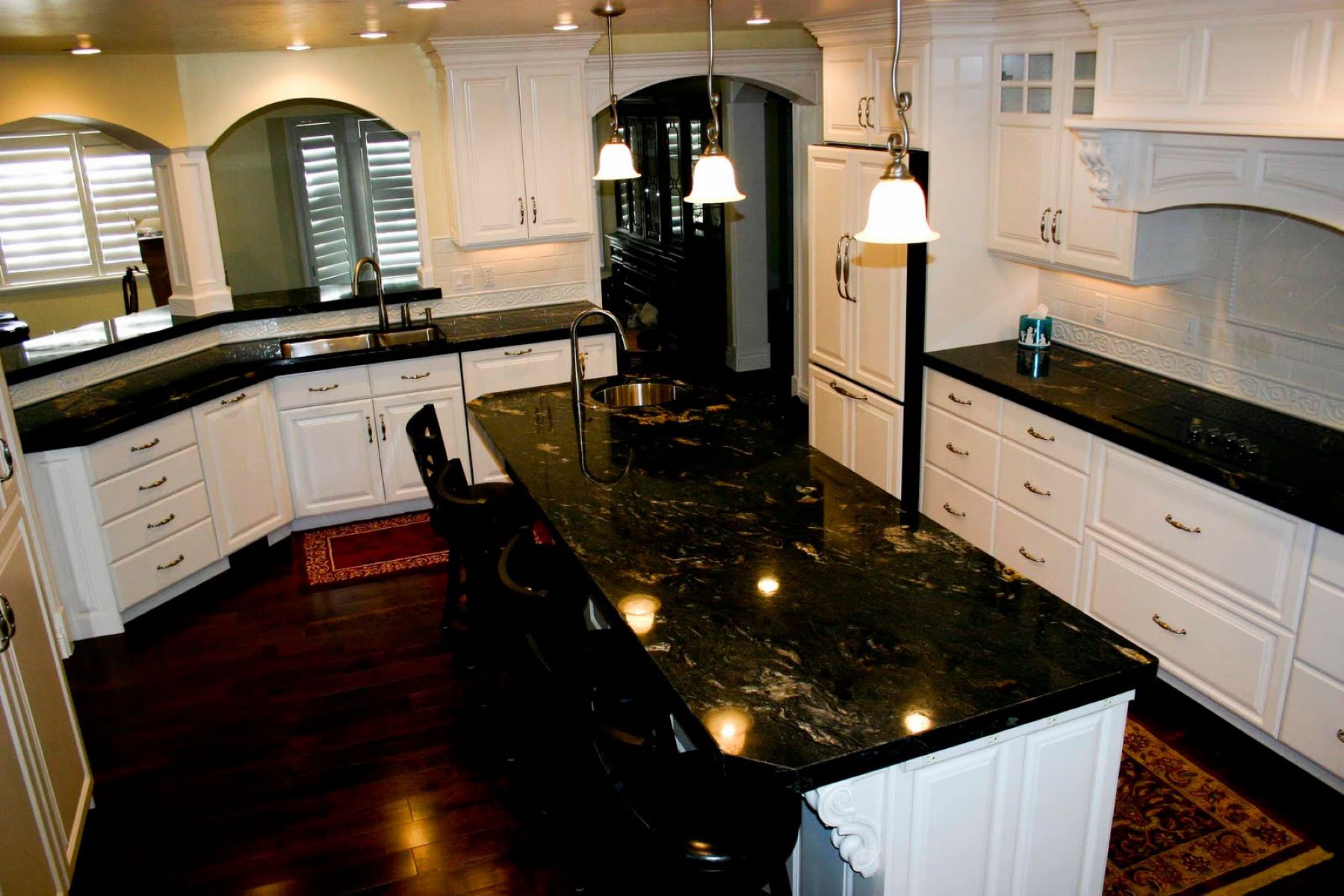
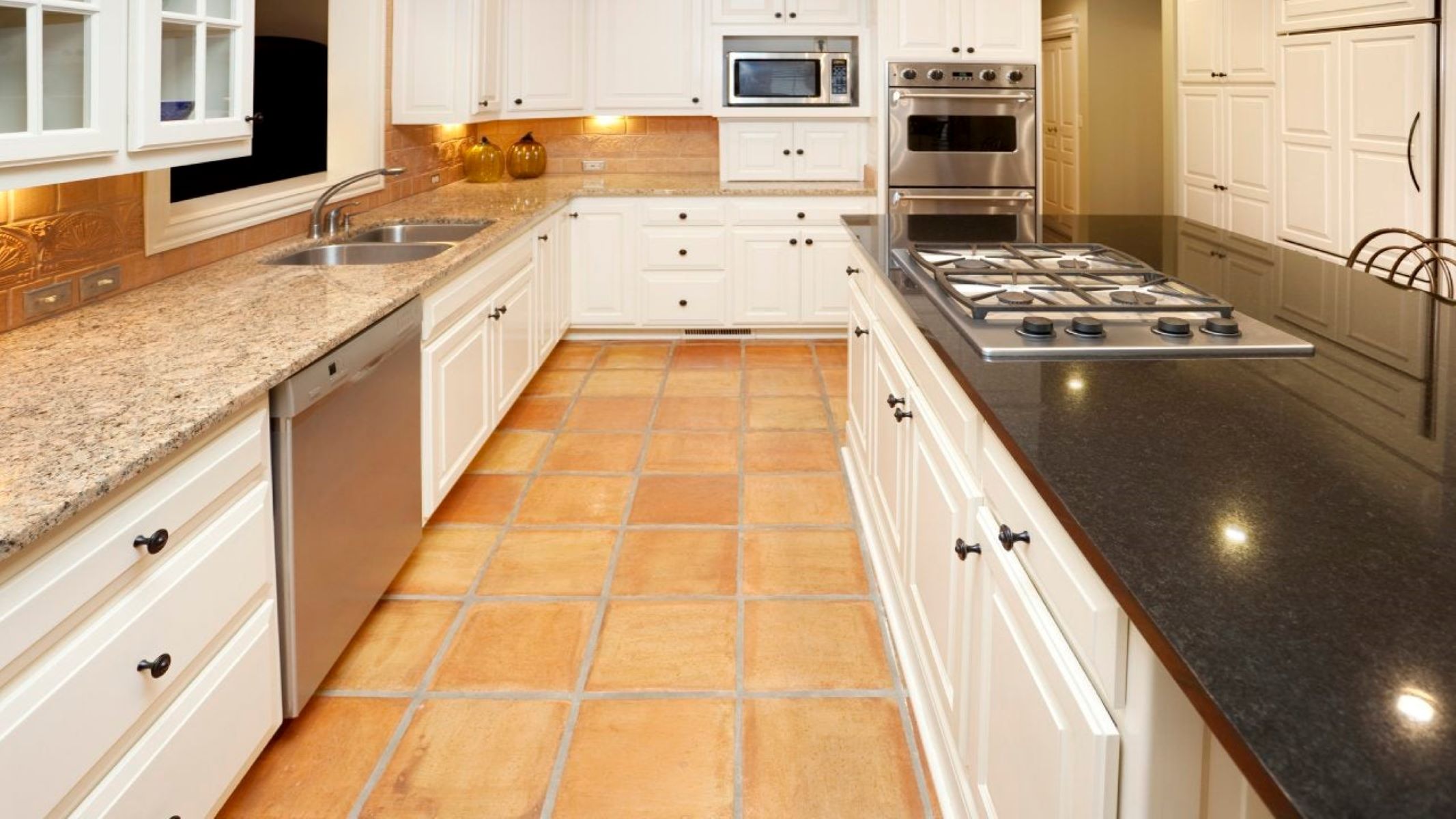
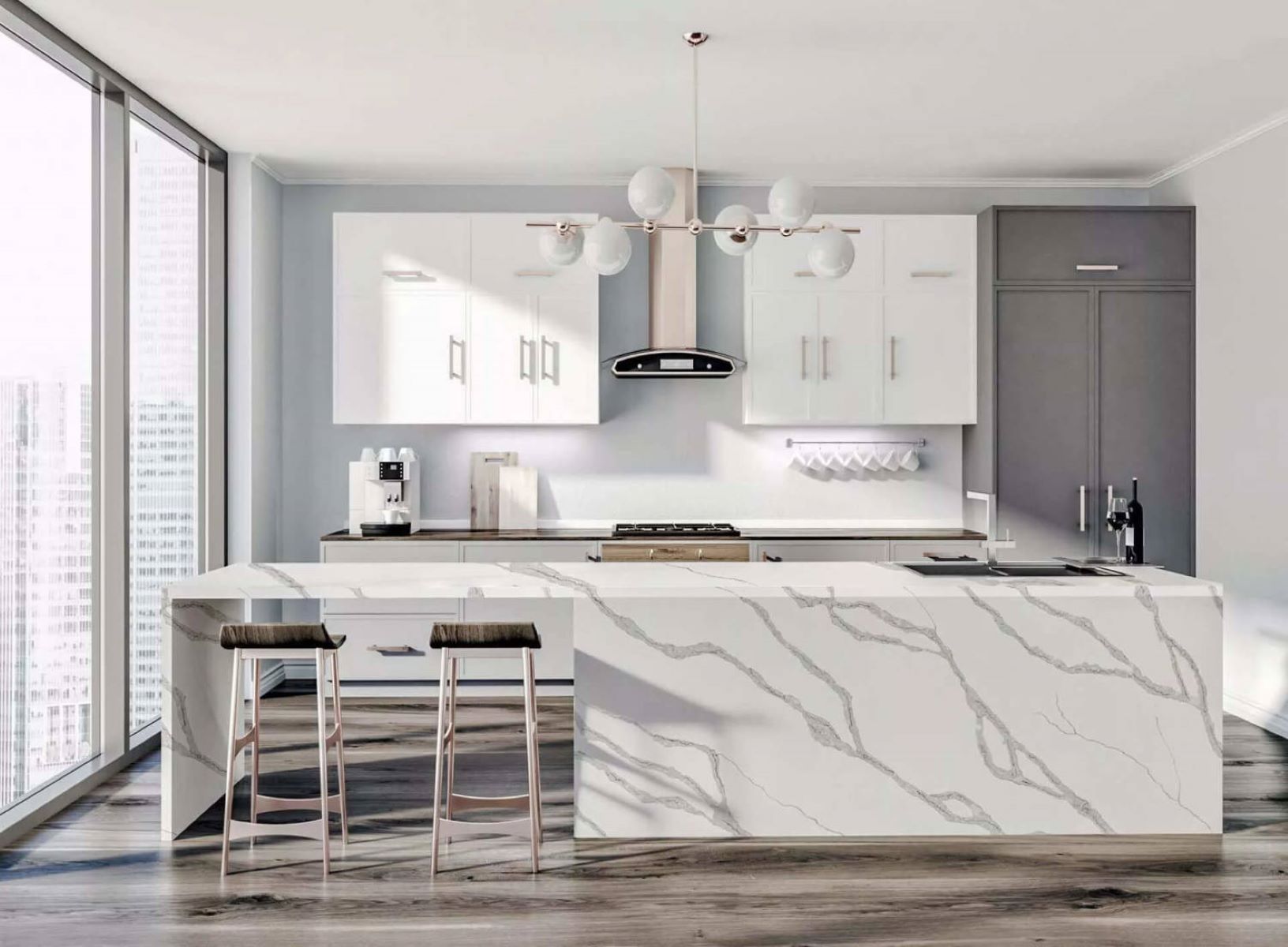

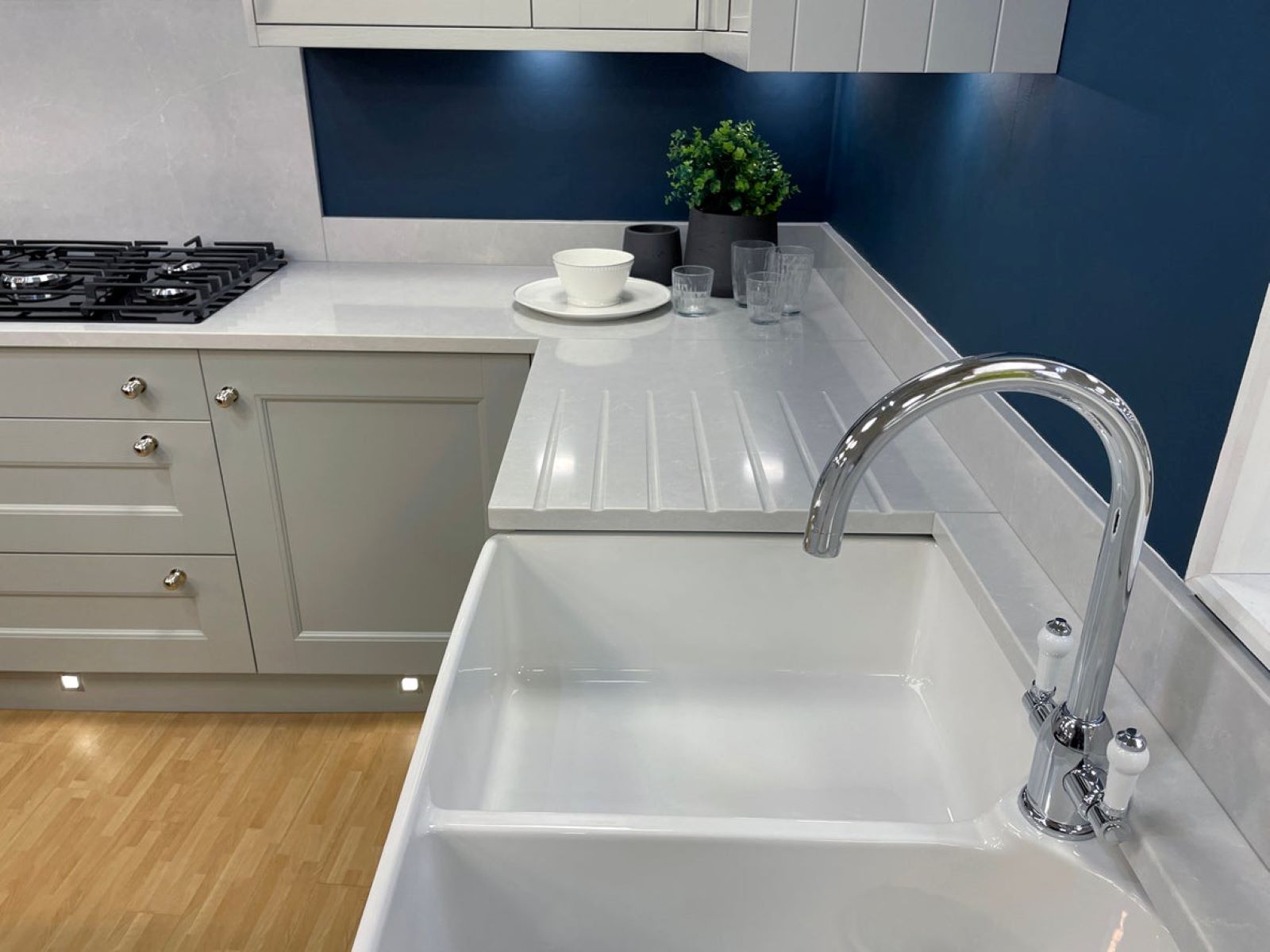
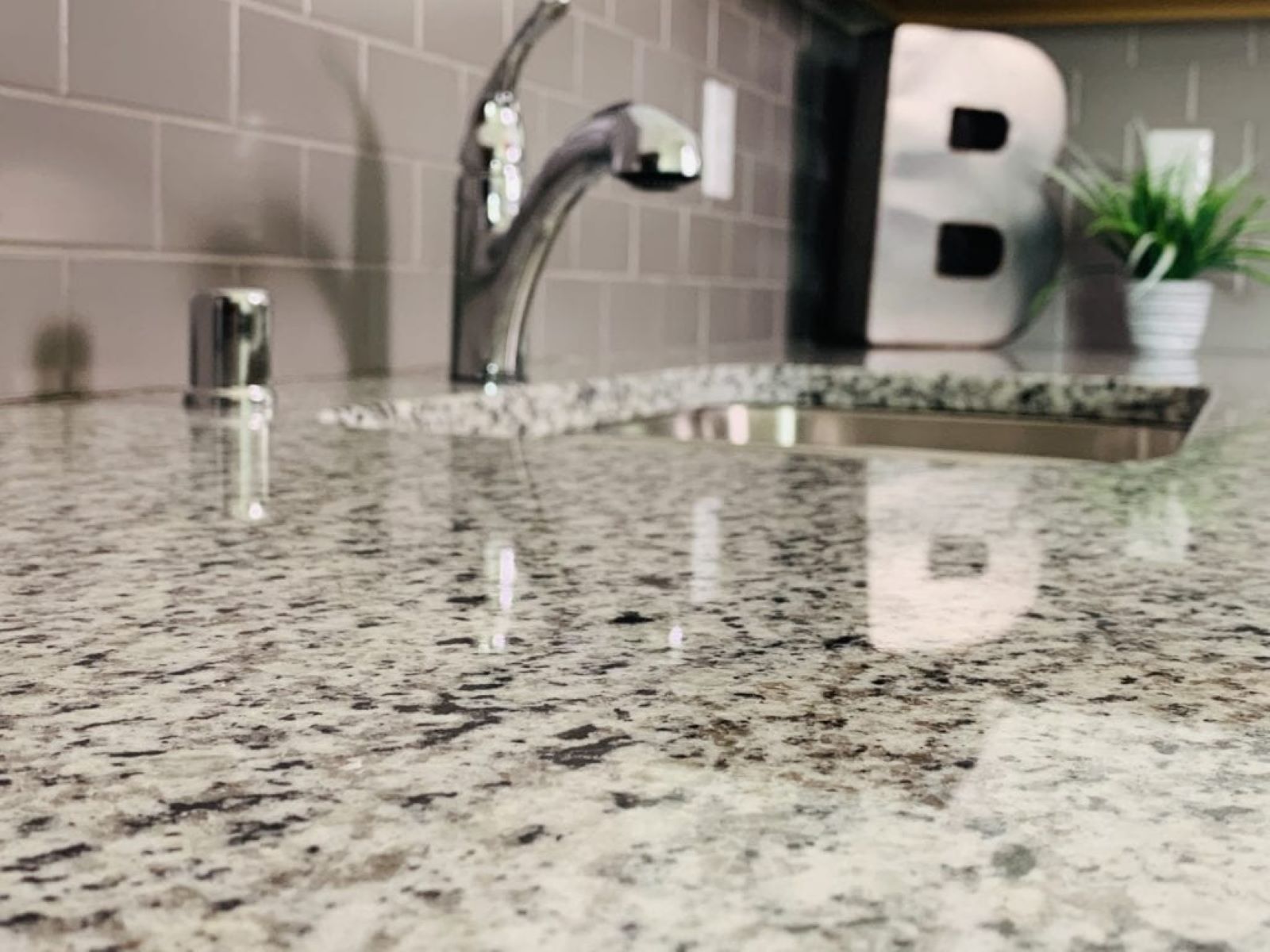
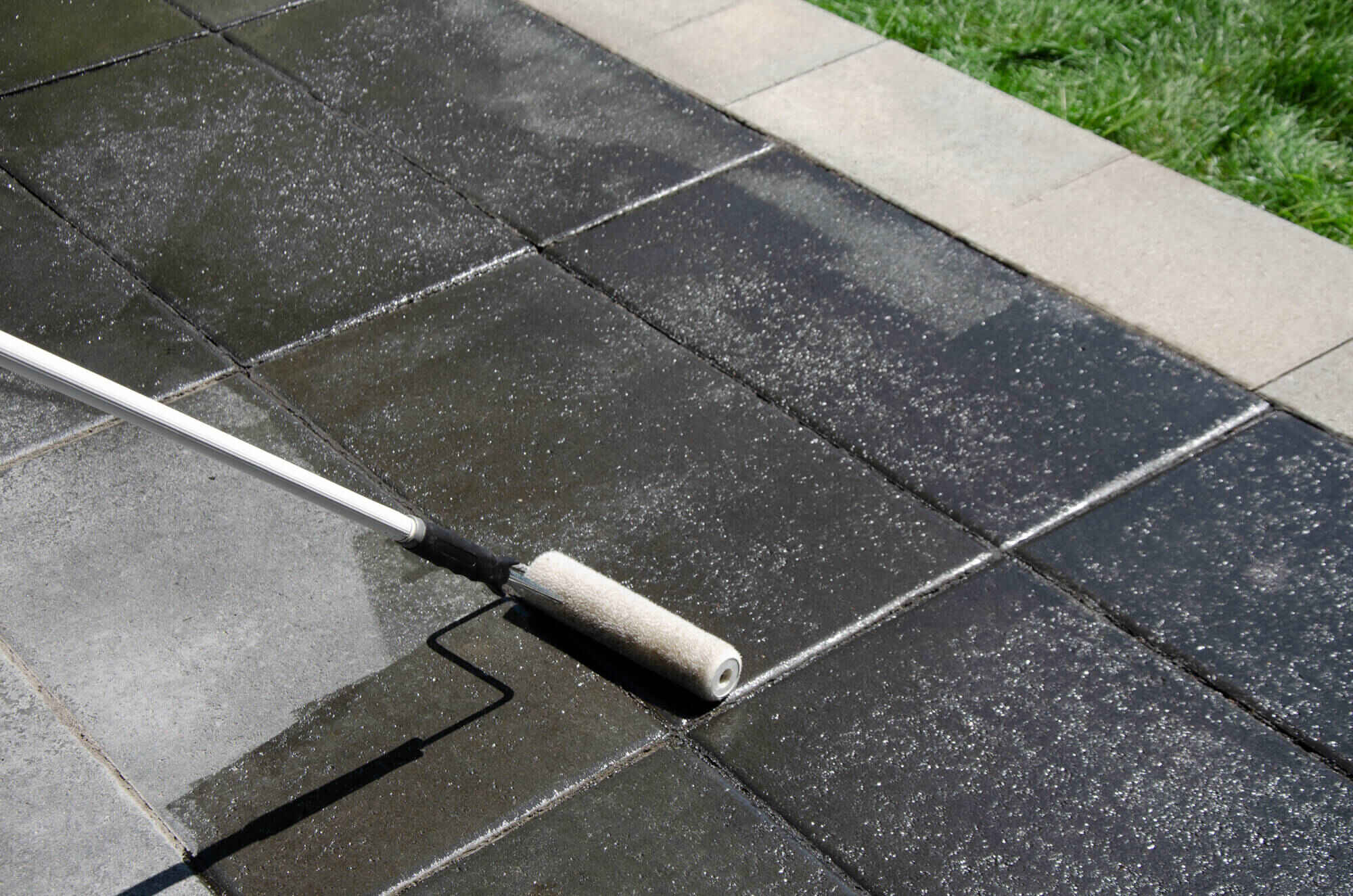
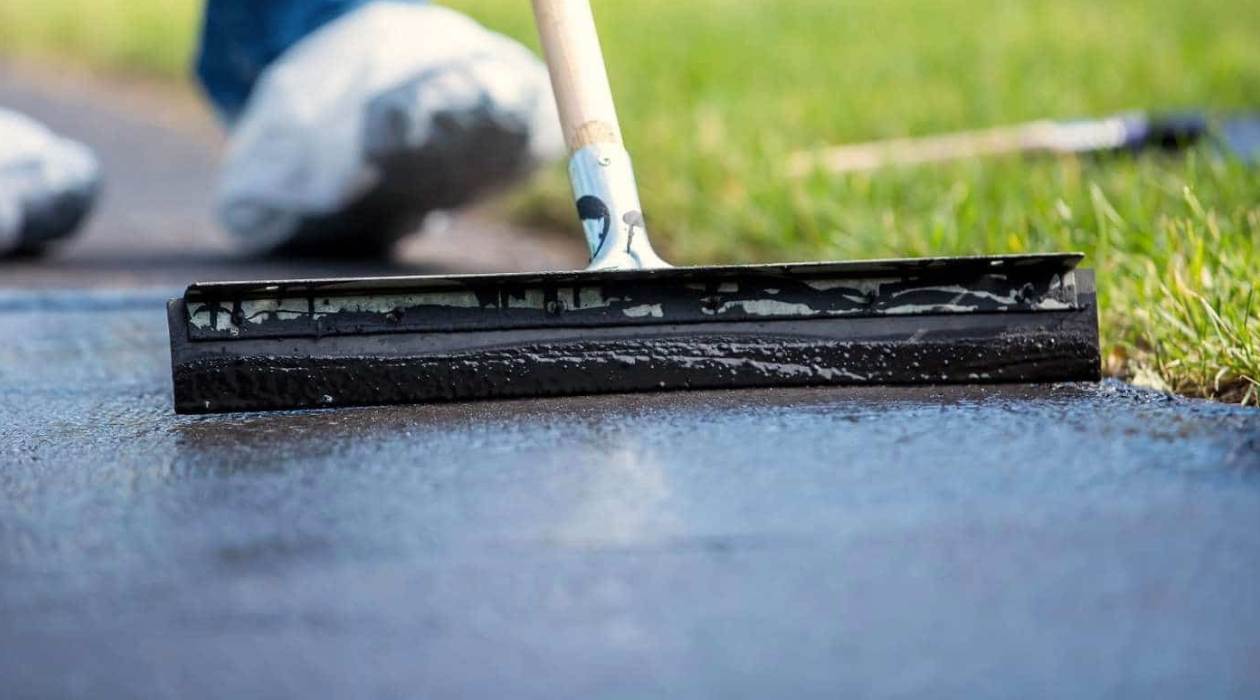
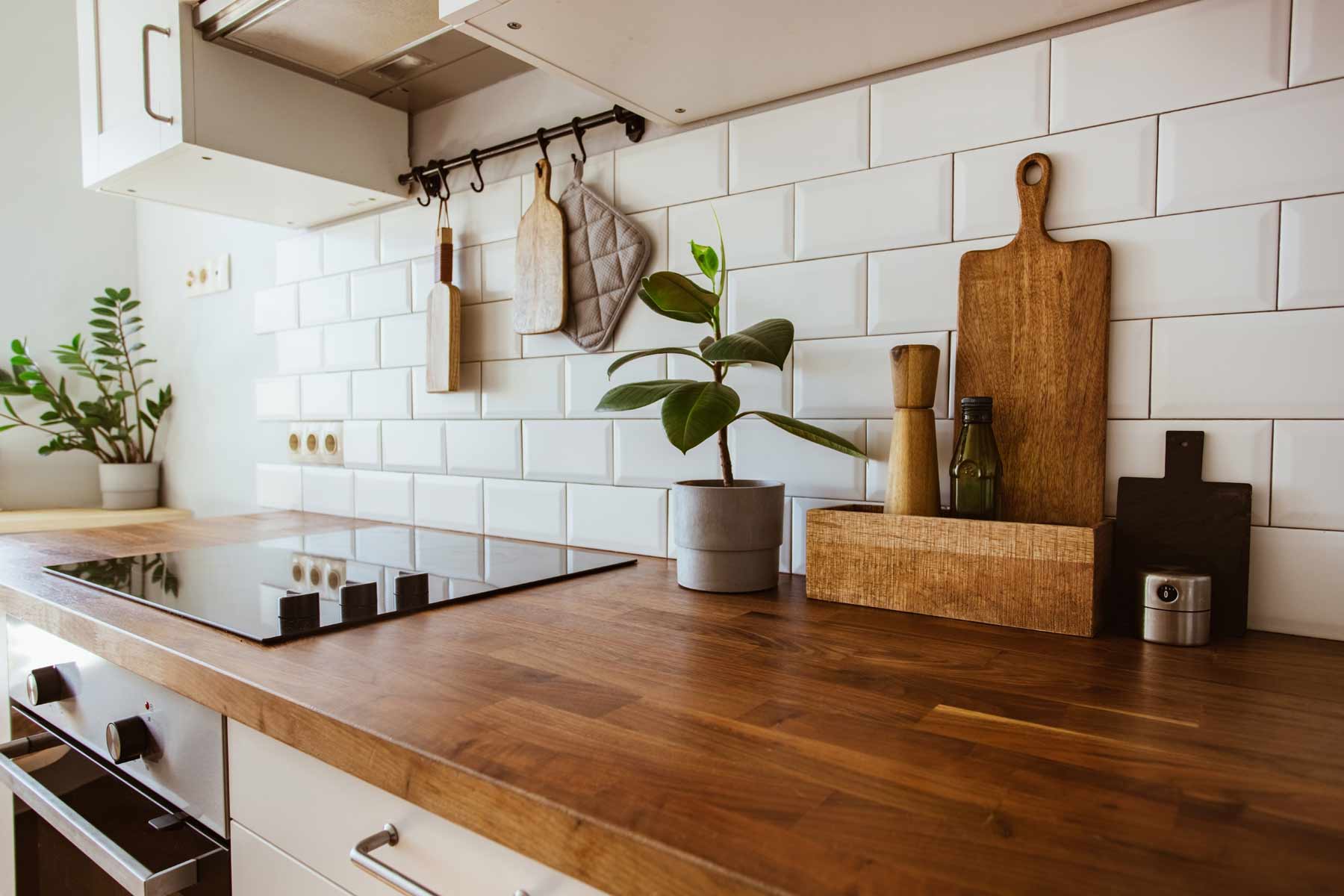
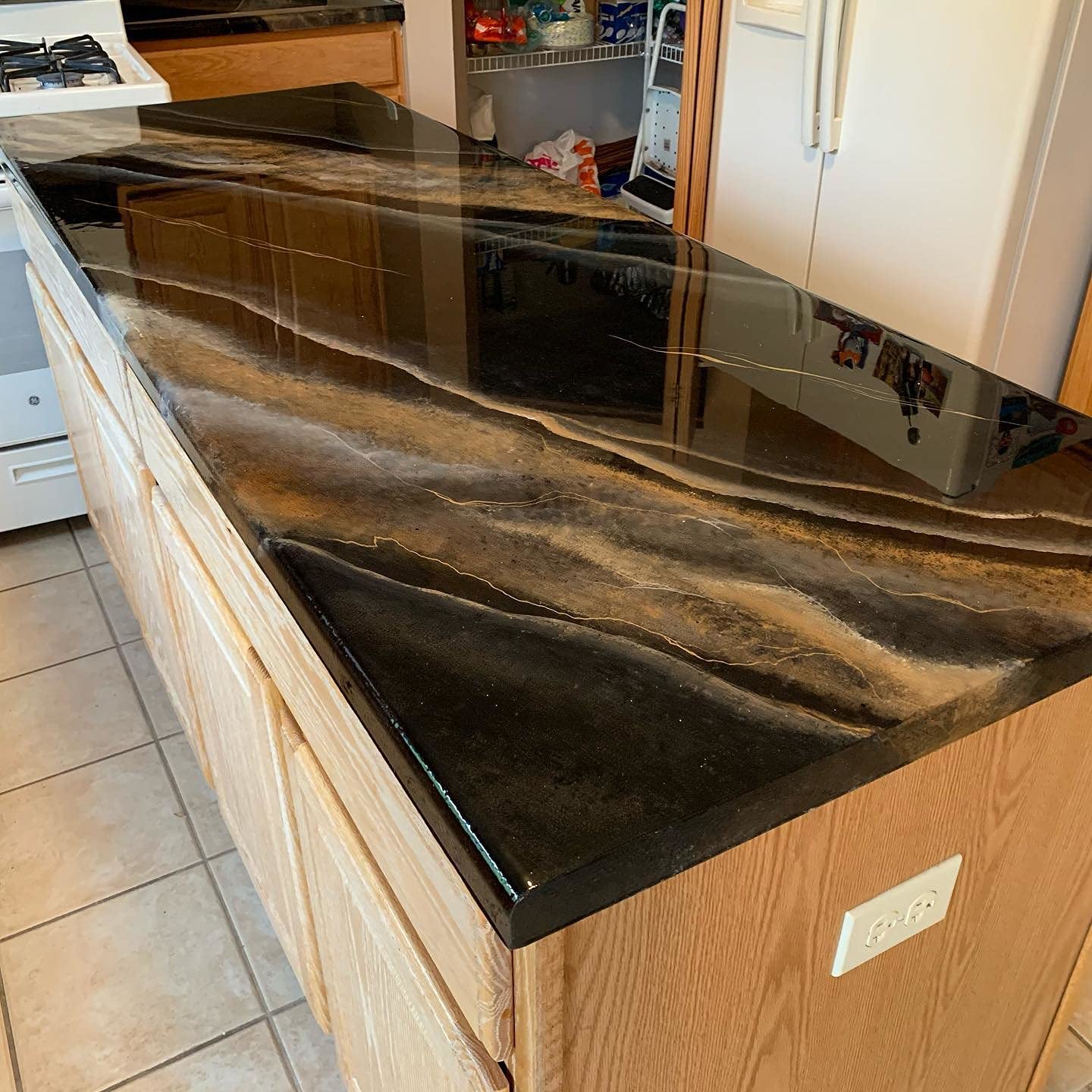
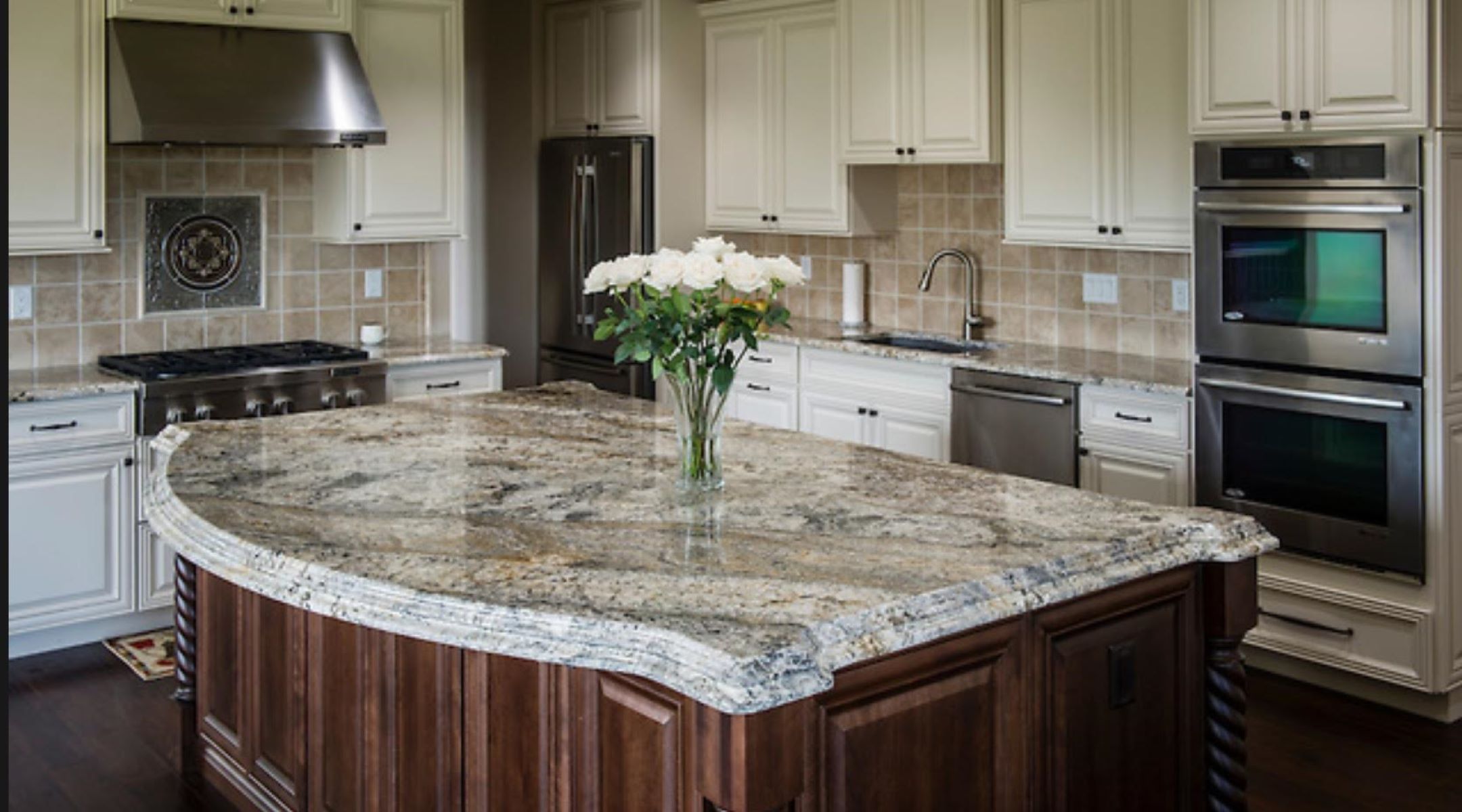
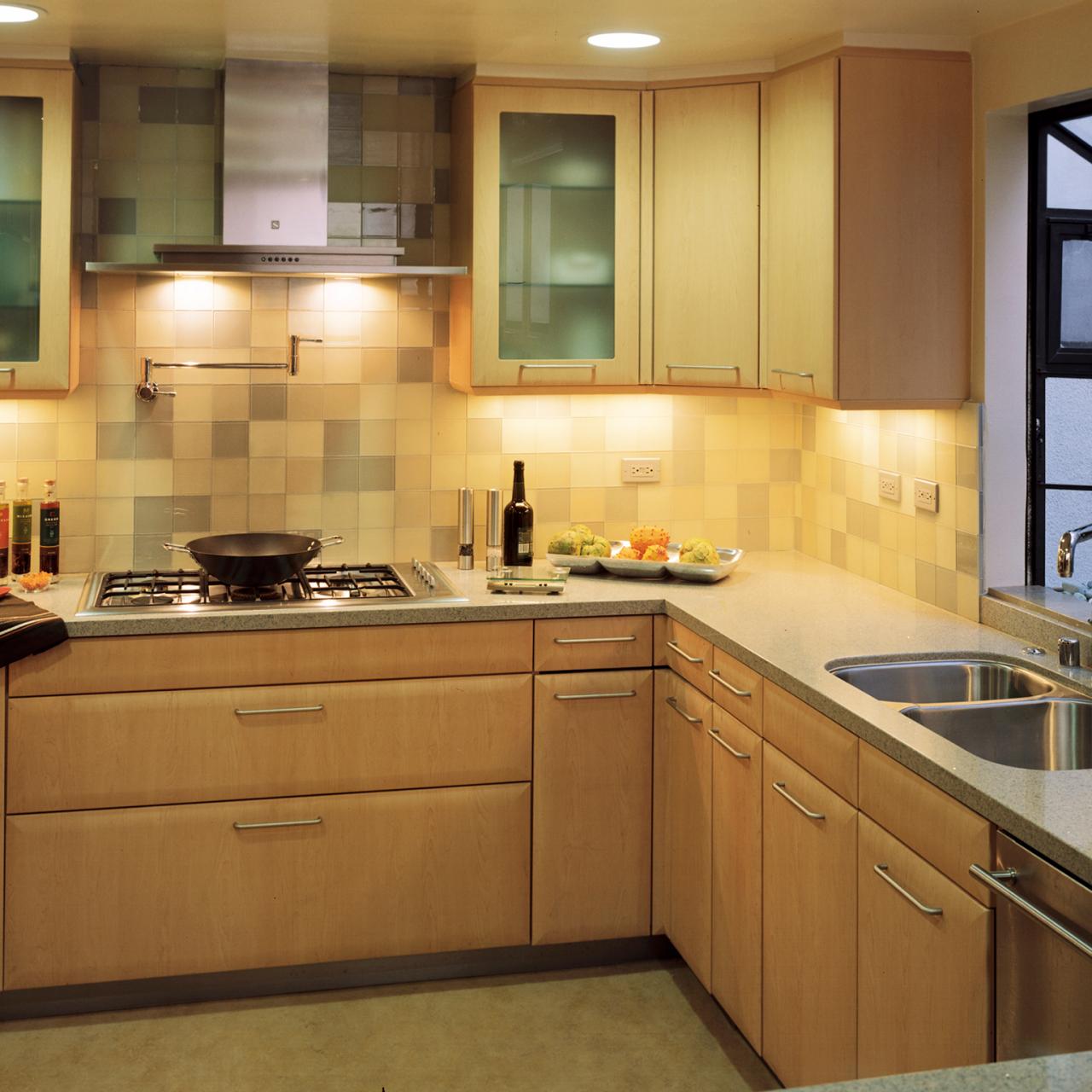
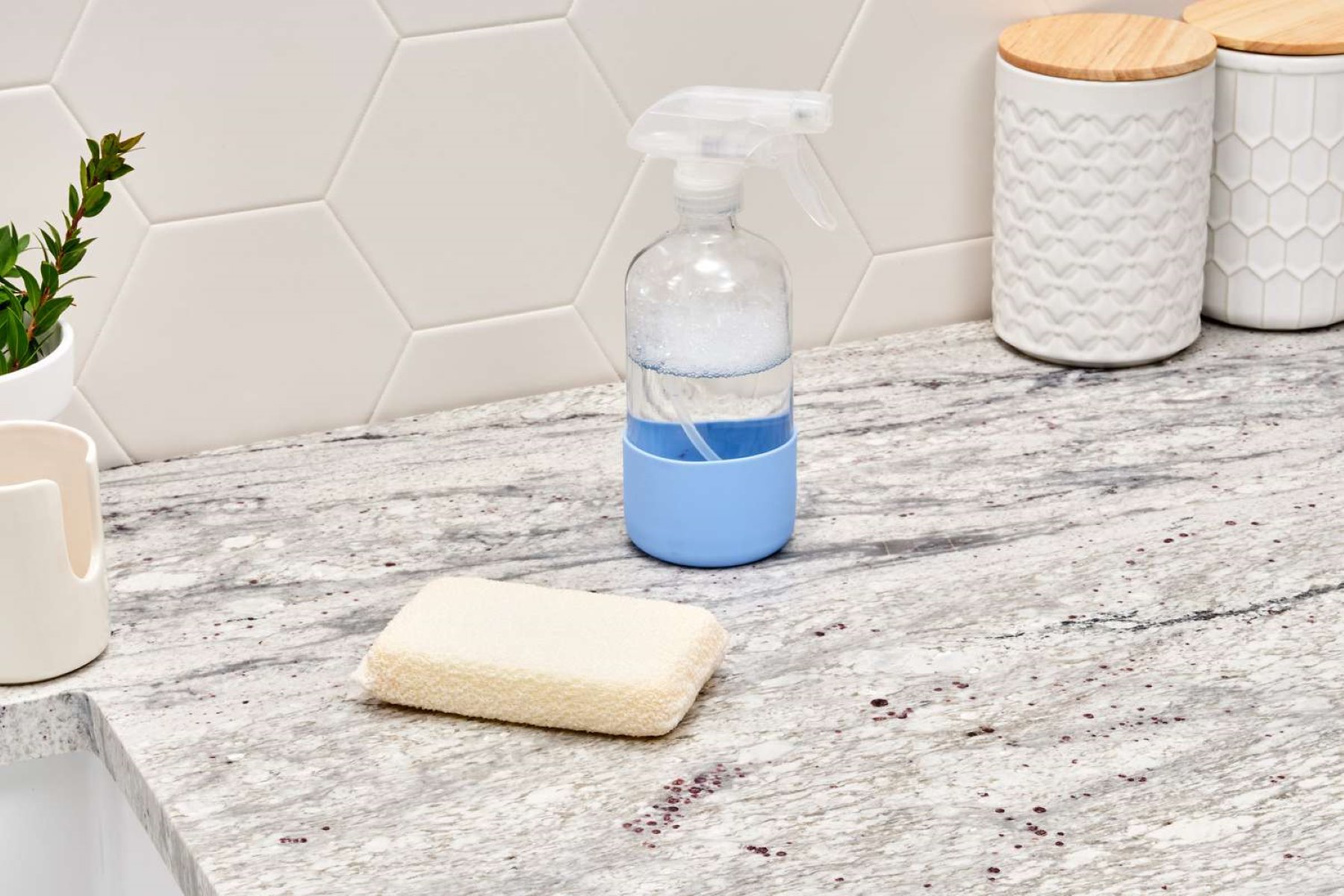

0 thoughts on “How Much Does It Cost To Seal Granite Countertops”